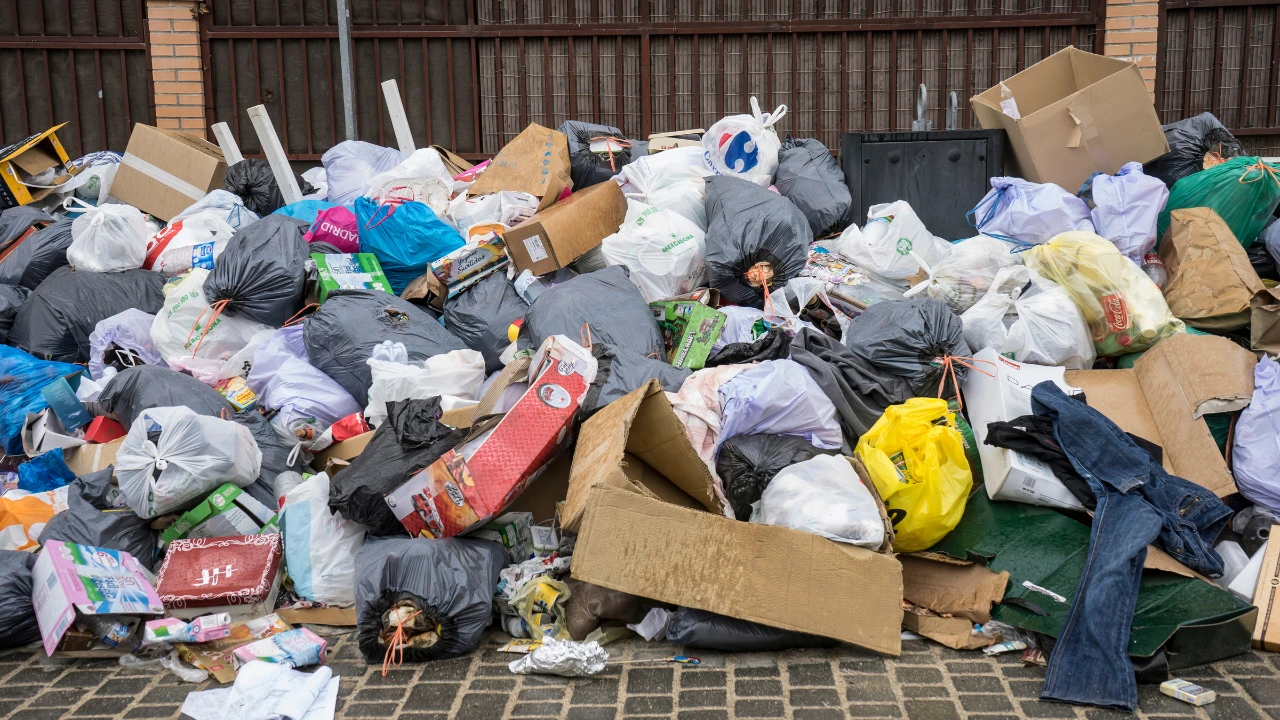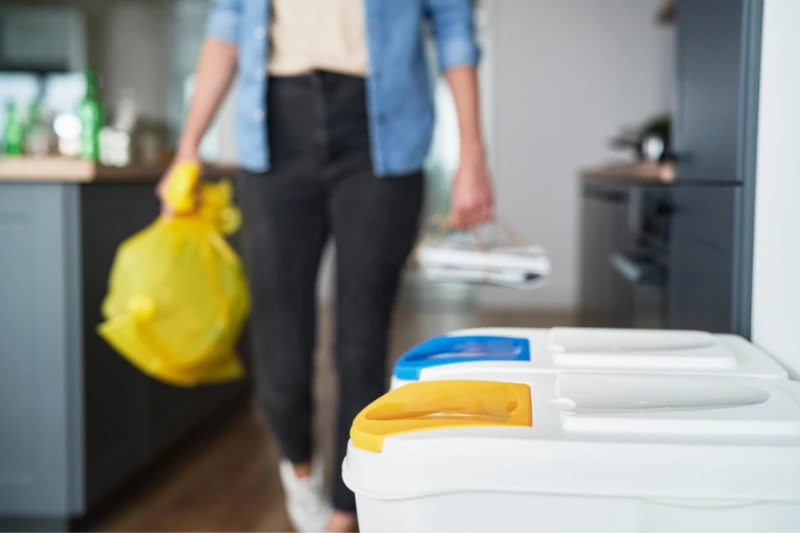
How Improper Waste Management Attracts Pests in Condos
Last updated on January 11th, 2025 at 11:27 am
Condominium living has become increasingly popular, especially in urban areas where space is limited, and convenience is prioritized. However, with this rise in shared residential spaces comes a unique set of challenges—one of the most concerning being pest infestations. Among the leading causes of pest problems in condominiums is poor solid waste management. When waste is not handled correctly, it can create the perfect environment for pests to thrive, turning a peaceful home into a breeding ground for unwanted invaders.
Let’s take a closer look at how improper waste disposal affect pest issues in condominiums and what can be done to mitigate these risks.
What is Waste Management?
Waste management refers to the processes involved in the collection, transportation, treatment, and disposal of waste materials. It encompasses a range of activities, from waste segregation at the household level to the proper disposal and recycling of materials. In condominiums, effective solid waste management is critical due to the shared living spaces and communal waste disposal systems. Managing waste properly not only protects the environment but also plays a significant role in maintaining hygiene and preventing pest infestations.
Proper and Improper Waste Management

Proper Waste Management:
Proper solid waste management involves the correct handling and disposal of waste materials, ensuring that they are stored and disposed of in a way that prevents the attraction of pests and minimizes environmental impacts. Some practices include:
- Segregating Waste: Organizing waste into categories such as biodegradable, recyclable, and hazardous substances. This helps in minimizing waste accumulation and ensures that food waste is handled appropriately, reducing pest attraction.
- Sealing Garbage Properly: Using well-sealed garbage bags and containers to prevent odors from attracting pests like rats and cockroaches.
- Regular Waste Collection: Ensuring that waste is collected frequently to avoid the accumulation of trash in common areas, which can become a breeding ground for pests.
-
Maintaining Clean Waste Disposal Areas: Keeping trash bins, chutes, and communal disposal points clean and free from spillage or rotting food.
Improper Waste Management:
Improper solid waste management occurs when waste is not disposed of in a timely, hygienic, or organized manner. This includes practices like:
- Leaving Food Waste Exposed: Disposing of food scraps without sealing them properly invites pests such as cockroaches, ants, and rodents.
- Overfilled Trash Bins: Allowing garbage bins to overflow can create easy access for pests to find food and shelter.
- Neglecting Waste Segregation: Mixing organic waste with other types of waste creates the perfect environment for pests to thrive, as they can find food, water, and nesting materials all in one place.
- Ignoring Maintenance of Disposal Areas: Unmaintained garbage chutes or communal trash areas can accumulate organic matter, attracting flies and rodents.
Improper solid waste management systems can lead to issues such as land pollution, air pollution, and pest problems that affect the health and well-being of residents, including pets.
Serious Consequences of Improper Waste Disposal on Pest Control

Food Scraps Attract Pests
Poor solid waste management often means that food scraps and organic matter are left exposed or not properly sealed in bins. Common pests like cockroaches, rodents, ants, and flies are drawn to food waste, making it an attractive feeding ground. When these scraps are thrown into unsealed trash bins or bags, pests can easily find their way in, bringing disease and contamination with them.
Solution: Ensure that all food waste is disposed of in sealed containers. Regularly clean and empty trash bins to prevent the build-up of odors that can attract pests. Additionally, make sure waste disposal areas are regularly maintained.
Overflowing Garbage Bins
Overfilled trash bins, especially in shared spaces like condo hallways, garbage chutes, and parking lots, are a magnet for pests. Rats, in particular, are attracted to these areas because they provide easy access to food and shelter. When waste accumulates, pests have more opportunities to feed and nest.
Solution: Building management should enforce a strict waste disposal schedule to ensure bins are regularly emptied. Tenants should also be reminded of the importance of proper solid waste management to avoid overflow.
Improper Segregation of Waste
Inadequate waste segregation can lead to the mixing of organic, recyclable, and hazardous substances. This creates an environment where pests like cockroaches and rodents can find food, water, and shelter in the same place. For instance, leaving out leftover food mixed with paper or cardboard provides nesting materials for pests, alongside a steady supply of nourishment.
In developing countries, improper solid waste management can also lead to widespread pest problems that affect entire communities and contribute to land pollution and other environmental impacts.
Solution: Condo management can implement and enforce clear waste segregation policies. Residents should also be educated on the importance of separating organic waste from recyclables and other types of trash. Regularly inspecting and cleaning waste disposal areas can also help curb pest attraction.
Poorly Maintained Garbage Chutes
Garbage chutes are essential for waste disposal in most condominiums. However, if these chutes are not regularly cleaned and maintained, they can become breeding grounds for pests like flies, cockroaches, and rodents. Food particles and other organic waste can accumulate in the chute, attracting pests and allowing them to thrive inside the walls of the building.
Solution: Regular cleaning and maintenance of garbage chutes are crucial. Condo management should schedule frequent deep cleaning and ensure that chute doors are properly sealed to prevent pests from accessing the chute or entering residential units.
Unhygienic Waste Disposal Areas
Shared garbage disposal areas, such as communal bins or designated trash collection points, can quickly become a haven for pests if they are not kept clean. Spilled food, leaky trash bags, and unsanitary conditions provide everything pests need to thrive—food, water, and shelter.
In developing countries, such unhygienic conditions are often more pronounced, leading to widespread environmental impacts such as water pollution, land pollution, and outbreaks of infectious diseases.
Solution: Implement a strict cleaning schedule for communal waste disposal areas. Install bins with secure lids to prevent pests from accessing the waste, and encourage residents to use them responsibly. Pest control measures should also be regularly enforced in these areas.
Inadequate Waste Management Practices in the Community
Poor solid waste management systems often result from a lack of education or awareness among condominium residents. When residents do not follow waste disposal protocols, it affects the entire community, leading to pest infestations that can quickly spread throughout the building. This is particularly problematic in developing countries, where municipal solid waste collection systems may not be as efficient, leading to a greater likelihood of pest problems and land pollution.
To prevent these issues, public awareness campaigns should be conducted to educate residents about proper waste disposal practices and the environmental impacts of poor waste management.
Solution: Education and awareness programs should be established to inform residents about the importance of proper solid waste management. Condo management can also consider organizing workshops or distributing informational materials on how waste management directly impacts pest control.
Conclusion
Proper waste management is key to preventing pest infestations.
Pests are more than just a nuisance—they pose serious health risks and can cause significant property damage. In a condominium setting, where multiple families share common spaces, one individual’s improper waste disposal affect the entire building. Environmental impacts like water pollution, air pollution, land pollution, pest infestations, and the spread of infectious diseases are all consequences of poor waste handling. Additionally, improper waste management often results in waste being sent to landfill sites, which can further exacerbate environmental and health concerns.
By implementing proper solid waste management practices, such as regular garbage collection, waste segregation, and maintaining cleanliness in shared disposal areas, condo residents and management can significantly reduce the risk of pest infestations. Taking these steps ensures a safer, healthier, and pest-free living environment for everyone while minimizing environmental impacts and reducing reliance on landfill sites.
If you’re experiencing pest problems in your condominium or need expert assistance with pest control, contact Environet Pest Control today. Our experienced team provides effective solutions to ensure your home remains pest-free.
